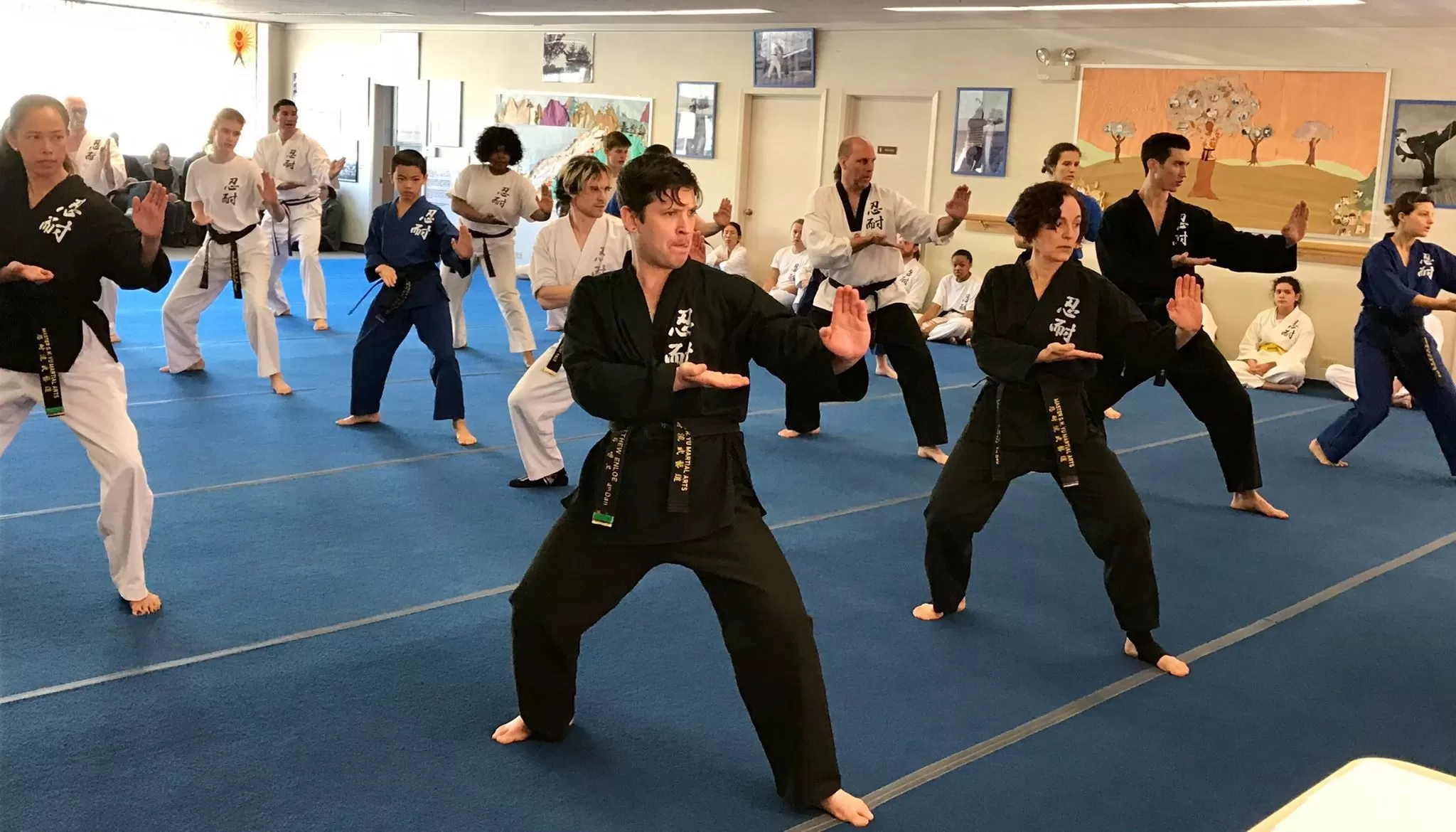You often hear stories about how professionals got into the sport of martial arts as children in order to teach them discipline and “get them off the streets”, essentially with the sport teaching them discipline on how to behave.
However, the discipline taught across martial arts goes much further than simply good behavior, and there are many ways taking up martial arts can improve discipline in your adult life too.
These days many people pick it up in later life, particularly after or during traumatic experiences as a method of improving control and focus. For example, it’s often encouraged to people going through addiction, with the concentration required for martial arts often helpful in staying disciplined during the likes of alcohol withdrawal.
There are a plethora of reasons, however, as to how martial arts can improve your discipline at all stages in your life though, including…
Set clear goals and track progress
Martial arts training involves setting clear goals for each individual practitioner, whether it’s mastering a particular technique or progressing through a grading system. These goals are achievable with regular practice, and students are able to track their progress towards achieving them. The process of setting and working towards these goals helps develop discipline by providing a sense of purpose and direction, which in turn fosters a sense of self-discipline.
Develop self-awareness and self-control
Martial arts training requires a high level of self-awareness and self-control. Practitioners must remain focused and present in the moment, paying close attention to their own physical movements and the movements of their opponents.
This level of mindfulness promotes self-control and discipline by teaching individuals how to regulate their own thoughts and emotions, helping them to stay calm and focused under pressure.
Cultivate respect and humility
Martial arts are rooted in a culture of respect and humility. In the dojo, students are expected to show respect for their instructors, fellow students, and the traditions of the art. This emphasis on respect helps cultivate a sense of humility, teaching individuals to value the contributions of others and to approach their own training with a sense of openness and willingness to learn.
Build resilience and perseverance
Martial arts training can be physically and mentally demanding, requiring a high level of endurance and perseverance. Practitioners are pushed to their limits, both physically and mentally, and are expected to keep pushing themselves in order to improve.
This process builds resilience and perseverance, teaching individuals how to overcome obstacles and push through adversity in order to achieve their goals.
Foster a growth mindset
Finally, martial arts training fosters a growth mindset, which is essential for developing discipline. A growth mindset is the belief that one’s abilities and intelligence can be developed through hard work and dedication. This mindset encourages individuals to approach challenges as opportunities for growth, rather than as insurmountable obstacles.
In martial arts, this mindset is essential for developing the mental focus and physical endurance needed to progress through the ranks and achieve mastery.
